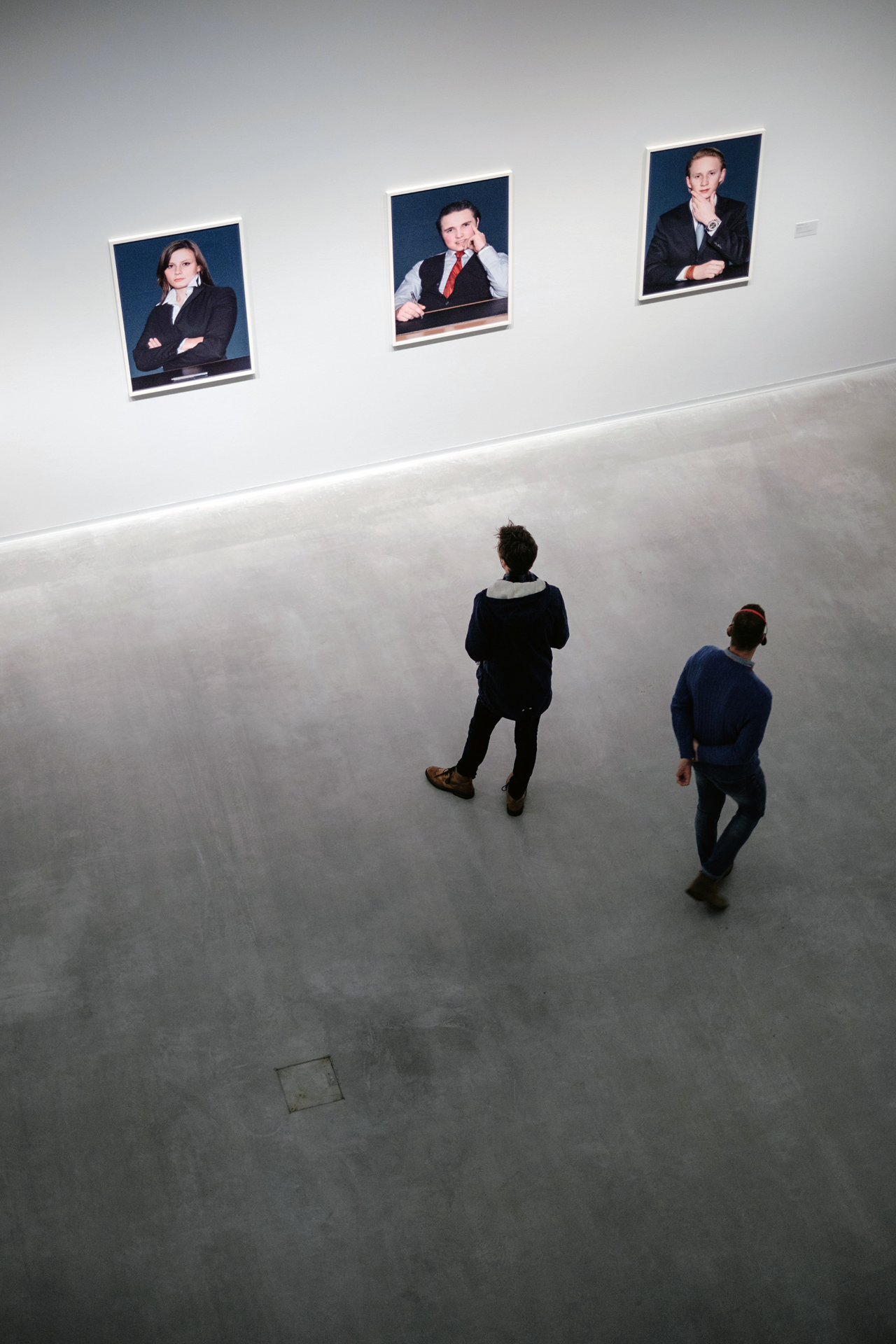Hominid
Hominid is a circa 93,000 words long experimental novel. What do I mean by 'experimental'? I mean that I play with the novel form. There are no chapters - just three sections: 'Jo', 'Ha', and 'Kyu', which are the tree traditional acts of a Noh play. Why did I call the sections by these names? Probably a fascination with Noh. Likely a broader passion and reverence for drama (I'm a screenwriter by trade). Originality, I hope. Contrariness, probably. Why not, right? The narrative of Hominid sometimes, though rarely, takes the form of editorials, Tweets, stageplay format, and even official procedural text.
Here's my dust jacket precis:
He is found in a place like many places. A baby beside a road, seemingly abandoned - but by whom? He is taken in by Dashiell Falter. His adoption takes its toll on Dashiell's marriage to Jericho and adds to their biological daughter Tally's sense of herself as something broken and inadequate: Tally is paraplegic. As he grows, his apparently superhuman powers become obvious, and must be kept secret to prevent the assumption of his delusion and consequent ridicule and rejection; yet if his abilities are kept secret, how will he ever fulfil his potential, and answer his calling: to prevent and stop all suffering? The world can never believe in or accept him, however. Why would it? He can't be real. Unless reality isn't real...
Here is the first page of Hominid:
The land was the sky.
Rain remembered the potholes in the decrepit lane. Her car complained as she drove over them. The jolt of it made her want to curse, but she didn't. She rarely swore. She thought swearing was infra dig. This is not to say she had a high opinion of herself. Indeed, she was as humble as people can try to be. It was that she had been taught not to be uncouth by parents whom she had thought couth. She had been slightly wrong.
Now, she was hurrying home from work. Now, her head was full to the edge of folly with all that mattered least. This annoyed her. She preferred to think of things that she thought mattered. She thought life had taken this away from her. She still loved being wrong.
She glanced up. She saw crows trundle graphite skies.
'Whodunnit,' she grinned.
As if in response, several crows cawed. The murder then split, shredding the grey with indolence. Crows veered in different directions along the same instincts.
'Raw,' she cawed this crow-day aloud to them.
Then she roared. When she was alone like this she liked to roar. Perhaps this was a reaction to a conservative upbringing, and the routines and banalities of a conventional life. Convention made her want to explode like a big dead sun.
She now thought she liked the word 'roar', too. She liked words almost as much as she loved laughter. She didn't know how any word meant anything, and she didn't know what meaning was. She invented new words. She turned old words backwards. She turned them inside out. She everted them. She inverted them. She never, ever perverted them. If she could have eaten words she would have done so. The thought of this made her laugh again.
Then she saw the baby.
Here's a link to Hominid on Amazon. If you buy, I am grateful. If you don't, I'm glad of your curiosity.
THE SHEN
The Shen was written by the penniless father (me) of a new child in the mid noughties. I thought that now, busy as I wpuld always be with domestcity and parenthood, my life would never allow me to write the stageplays and the novels that I wanted to write. I thus allowed myself to be inspired by the Tao Te Ching - a seminal work for me - and to create a very short, pithy and often unashamedly obscure book that elucidated the results of my observations of life, and long ponderings.
Here's my dust jacket precis:
The Shen comprises one hundred and ten 'sections. The sections are often ambiguous and random, but in these qualities, they attempt to infer a deeper order and a more obscure symmetry. In this obscurity they reflect human reality - the only reality we have. They express a variety of contemplations that are presented organically rather than according to subject matter. The book seeks to portray moral philosophy as an imperative of life: a way of living. It ventures that all ideology must be functional to have relevance. It suggests that ethics are essential and elemental - a litmus of evolution, and as vital to the human spirit as bread is to the body from which the spirit springs. The Shen is a very human observation of the world in that its apparent contradictions and abstraction reflect those we can find in nature, of which we are a part. It espouses humility above all, and seeks to encourage humanity's ultimate product: peace.
Here's the first section of The Shen:
When the creature of stillness is removed from you,
you will forgo relevance.
When you forgo relevance, your life becomes a ceaseless journey.
When your life becomes a ceaseless journey, you will
know what it is to arrive by not arriving.
When you know what it is not to arrive, you are content
to travel and may indulge again in movement.
Thus the creature of stillness is safe within you
and your life is relevant.
Here's a link to The Shen on Amazon. If you buy, I am grateful. If you don't, I'm glad...
ON
On is a collection of haiku and senryu. I don't know when or why I fell in love with haiku, but I did. It may have arisen out of a youghtful interest in martial arts, and the Orient. How Occidental of me. What I admire about the form is its capacity to be profound by not trying to be profound. This seems like a good way to behave, too. To be decent without trying to. To be graceful without trying.
Here's my dust jacket precis (as minimal as the form itself, clearly):
haiku
/ˈhʌɪkuː/
noun
a Japanese poem of seventeen syllables, in three lines of five, seven, and five, traditionally evoking images of the natural world.
senryu
/sĕn′ryo͞o′/
noun
a. A Japanese lyric verse form having three unrhymed lines of five, seven, and five morae and typically treating the theme of human foibles with an ironic or satirical tone.
b. A verse form in another language modelled on the Japanese senryu, typically counting syllables instead of morae.
Here are the first few haiku/senryu:
1
A cold dog barking
Under cover of the sun
Reveals listening
2
Excited seagulls
Bring great news of the ocean
Many miles inland
3
The sparks of horses'
Hooves in morning's innocence
Becomes everything
Here's a link to On on Amazon. If you buy, I am grateful. If you don't...

